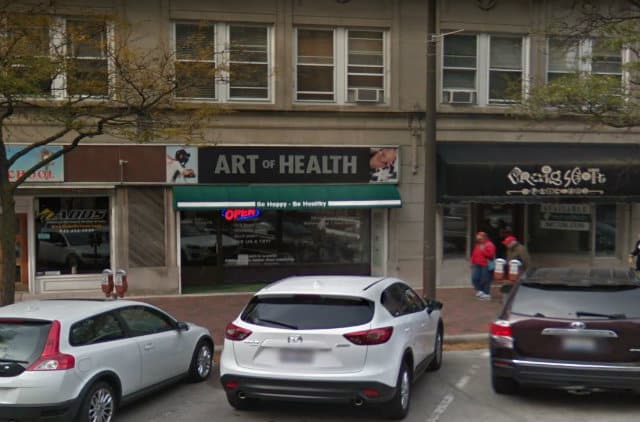
On July 11, massage therapist Kai Wang was sentenced to just two years of sex offender probation after he was convicted for the attempted rape of a 19-year-old Northwestern student during an appointment in 2016. He faced a maximum sentence of seven years in prison. Wang is also required to pay $2,500 in fines and fees, register as a sex offender, and provide a DNA sample to police.
The 33-year-old massage therapist was arrested on October 14, 2016, at Art of Health in Evanston, where the alleged sexual assault took place. According to the unidentified victim, Wang groped her during a massage there the previous day.
In May of this year, Wang was found guilty of criminal sexual abuse and attempted criminal sexual assault but not guilty of the more serious charge of aggravated criminal sexual assault.

Attorney contributor Max Morgan has some thoughts on massage therapist sexual assault lawsuits for victims and their families:
Unfortunately, light sentences for sexual predators are not unique. Far too often, the perpetrators of sexual violence get off with no jail time, and in many cases, these predators face no punishment at all. The criminal justice system is intended to punish criminals and take them off the streets, but this system often fails the victims of sexual crimes.
Fortunately, the civil court system is also available to help victims. In a civil trial, the burden of proof is lower than in a criminal trial – your lawyer must prove the perpetrators guilt by “a preponderance of evidence” instead of “beyond a reasonable doubt.” This means that you must only convince the jury that it’s more likely than not that the defendant is guilty.
In cases where the perpetrator is prosecuted and convicted, sexual assault victims can still benefit from filing a civil lawsuit. These lawsuits can help demand accountability from third parties who enabled the abuse, such as a massage business that continued allowing an employee to see clients after he or she was accused of sexual assault. Additionally, a lawsuit can help provide financial compensation for damages you’ve suffered following the assault, such as medical bills, counseling costs, lost wages, pain and suffering, and more.
 info@legalherald.com
info@legalherald.com